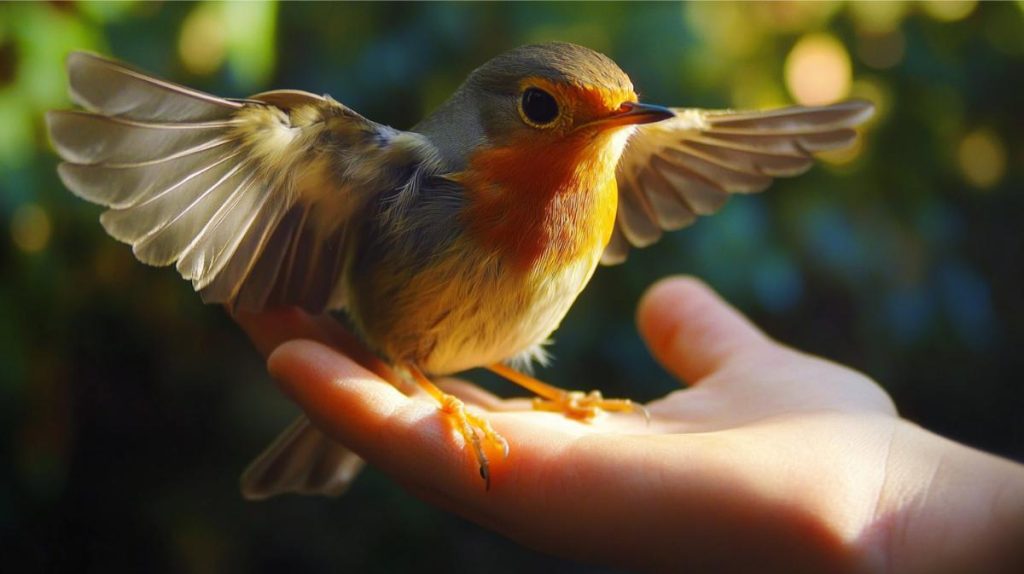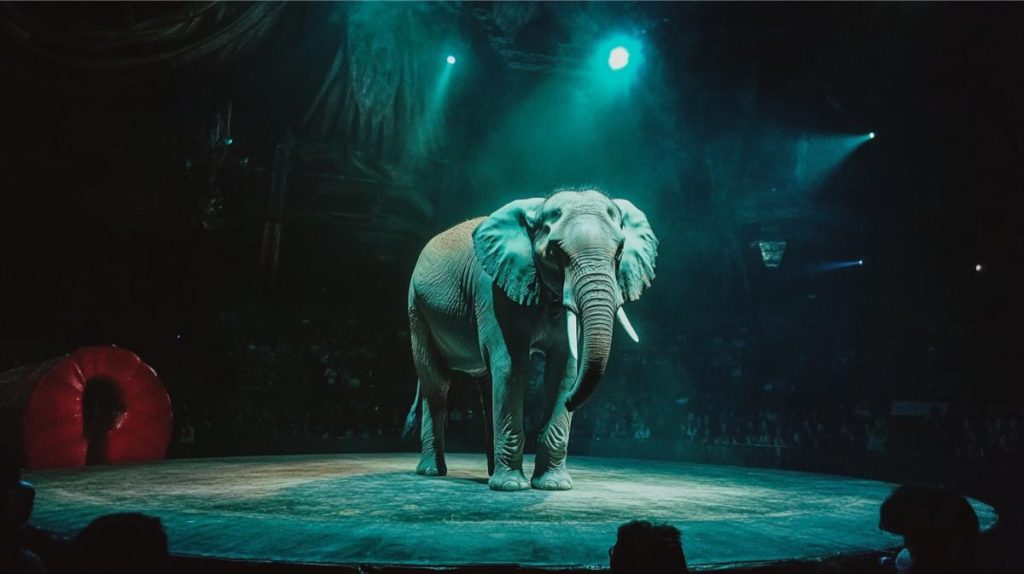Social media has changed the game when it comes to animal cruelty in entertainment. You might have noticed more posts about mistreated animals in circuses or theme parks lately. That’s no accident!
Social media platforms are helping raise awareness about animal welfare issues and changing how people view animals in entertainment.
Remember those cute animal videos you love to watch? Well, they’re not always as innocent as they seem. People’s perceptions of animals can be influenced by how they’re presented on social media.
That funny dancing bear video might actually be showing a stressed-out animal forced to perform. Yikes!
But don’t worry, it’s not all doom and gloom. Social media is also giving animal advocates a powerful tool to fight back. You can now easily share information, sign petitions, and join online communities dedicated to protecting animals.
Who knew your likes and shares could make such a difference?
Key Takeaways
- Social media raises awareness about animal cruelty in entertainment
- Online platforms influence how people view animals in videos and performances
- Your social media activity can support animal welfare and drive positive change
The Role of Social Media in Shaping Attitudes Towards Animals
Social media has become a powerful force in changing how people view animals. It can spark empathy, but also lead to unintended harm.
Let’s see how online platforms are reshaping our relationships with wildlife.
From Apathy to Empathy: Social Networks as Awareness Platforms

You’ve probably seen those heartwarming animal rescue videos on Facebook. They’re not just cute – they’re changing minds!
Social media raises awareness about animal issues in ways traditional media never could.
A quick scroll through your feed might show you:
• Petitions to end animal cruelty
• Fundraisers for wildlife conservation
• Viral videos exposing abuse in industries
These posts tug at your heartstrings and inspire action. Before you know it, you’re signing petitions and donating to causes you never knew existed.
But it’s not all warm fuzzies.
Sometimes the constant barrage of sad animal stories can be overwhelming. It’s okay to take a break if you’re feeling burnt out!
Selfies and Suffering: The Glamorization of Wildlife Tourism
Who doesn’t love a cute animal selfie? But that adorable snap might hide a dark secret.
Social media often shows animals in inappropriate situations, like primates wearing clothes or using smartphones.
These posts seem harmless, but they can:
• Encourage harmful wildlife tourism
• Promote illegal pet ownership
• Mask animal suffering
That “smiling” monkey? It’s actually showing a fear grimace. Yikes!
Wildlife experts worry these images normalize treating wild animals like props. Next time you see a touristy animal post, think twice before hitting “like.” You might be unknowingly supporting animal exploitation.
Amplifying the Right Voices: Experts in the Digital Space
Not all animal content on social media is created equal. Luckily, real experts are joining the conversation!
Wildlife biologists, animal welfare specialists, and conservation groups now have powerful platforms to share knowledge.
You can follow trusted voices like:
• Jane Goodall Institute
• World Wildlife Fund
• Your local zoo’s education team
These experts help debunk myths and provide accurate information about animal behavior and conservation needs. They’re your go-to sources for separating cute but harmful content from truly educational posts.
By amplifying these voices, you become part of the solution. Share their posts, engage in discussions, and help spread factual information about animals and their welfare.
Legislation, Advocacy, and the Call for Change

Social media has become a powerful force in shaping animal welfare laws and driving conservation efforts. You’ll see how online activism translates into real-world change and the ways digital platforms amplify voices for animal rights.
The Legal Landscape: Policies that Protect Paws and Claws
Did you know your tweets and posts could help shape animal protection laws? It’s true!
Social media has become a game-changer in pushing for stronger legislation. You’ve probably seen petitions flying around your feed, right?
These online campaigns are catching lawmakers’ eyes. Thanks to your shares and likes, animal welfare issues are getting more attention than ever.
From banning exotic pets to cracking down on wildlife trafficking, your digital engagement is making waves.
But here’s the kicker – it’s not just about likes and shares.
Your online activity is helping expose loopholes in current laws. You’re basically a digital detective, bringing light to areas where animals need more protection.
Keep it up, social media Sherlock!
From Clicks to Conservation: Leveraging Online Clout for Real-World Impact
Ever wonder if your retweets actually save animals? Spoiler alert: they totally can!
Your social media savvy is becoming a secret weapon for conservation efforts worldwide. You’re not just scrolling – you’re fundraising!
Those cute animal videos you share? They’re raising awareness and cold, hard cash for endangered species. Your likes are turning into donations faster than you can double-tap.
But watch out for those sneaky misinformation posts! You’ve got the power to fact-check and spread accurate info about animal welfare.
Think of yourself as a digital zookeeper, guarding the truth about our furry and feathered friends.
Your online voice can influence public perception of animal cruelty in entertainment. So keep posting, sharing, and speaking up.
You’re not just changing minds – you’re changing laws and saving lives!
